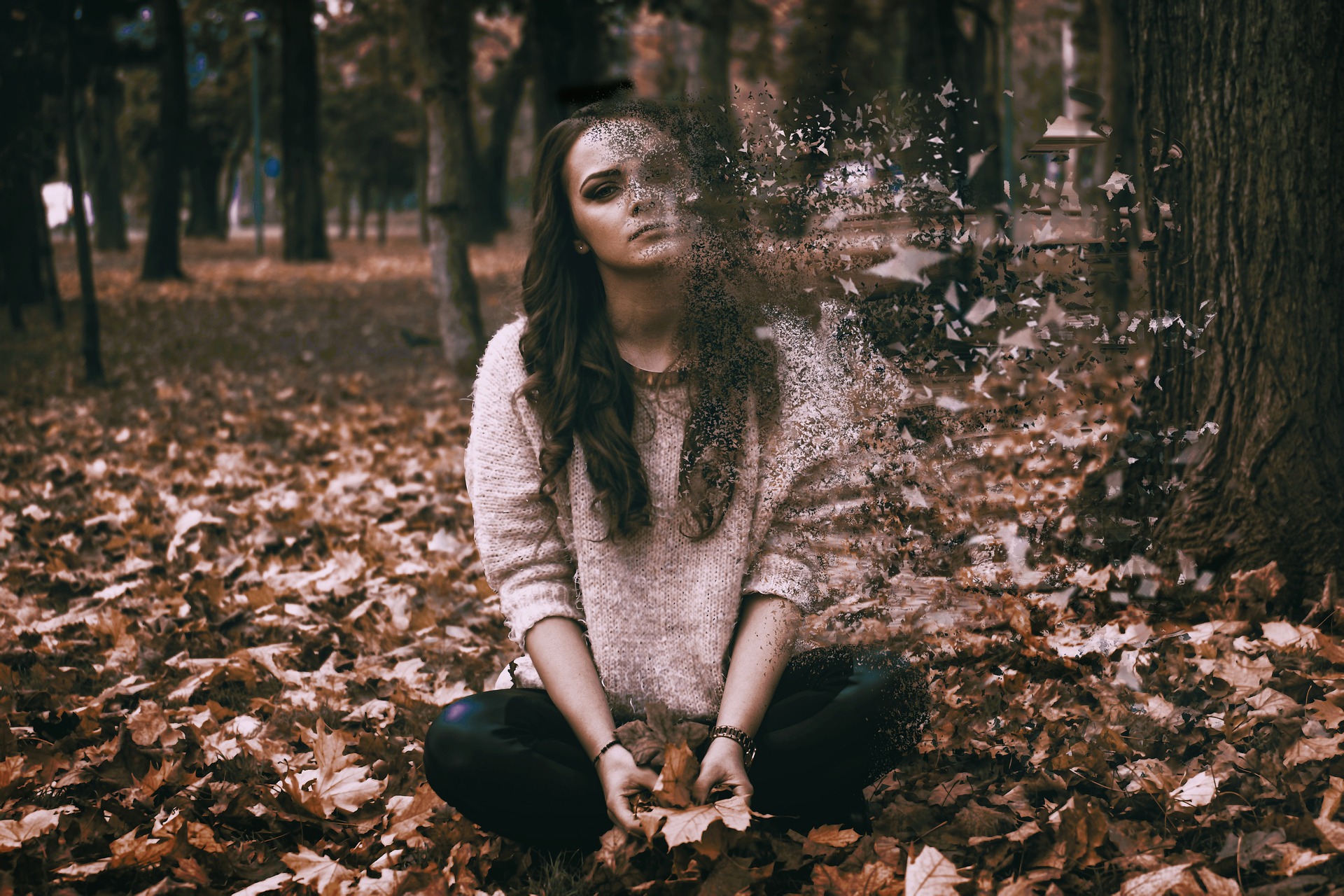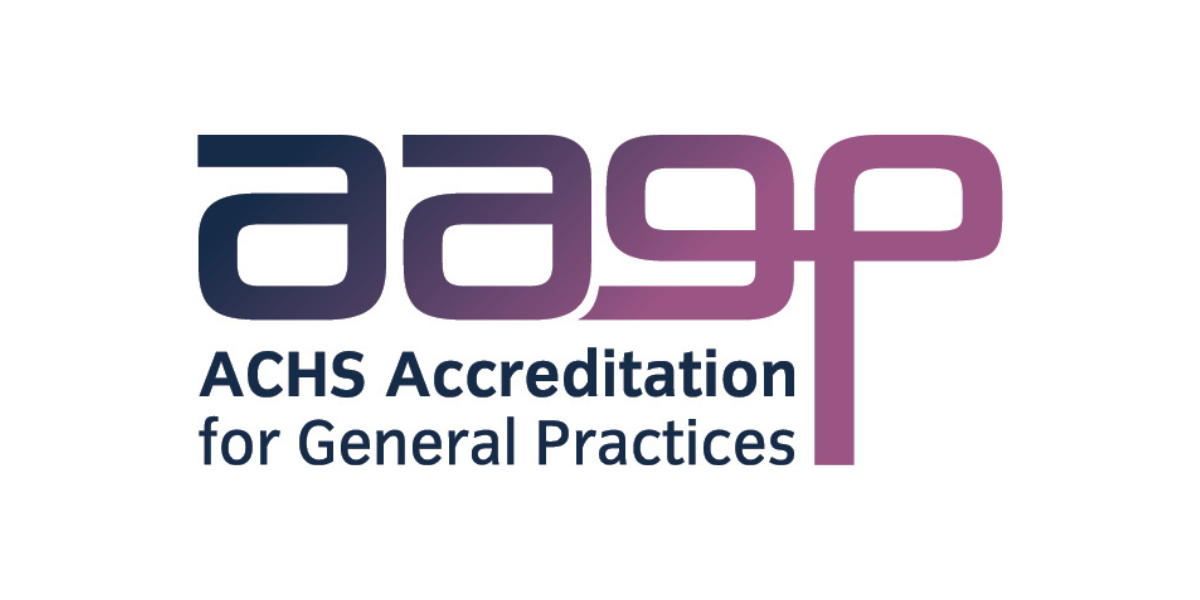The Importance of Sleep and Mental Health
The sleep and mental health go hand in hand. The excessive sleepiness or the lack of it does not just affect your physical health but also your mental health. If you fail to get minimum 7-9 hours of sleep it can affect your mental ability and your outlook on life in a massive way.
If you are not feeling great, you may realise that the lack of sleep is the main culprit behind it. But even the small phases of sleep deprivation can take a toll on your mental health. You may realise that you are less enthusiastic and more irritable and even experience reduced level of energy, emotions and motivation.
Not only that, you may also experience certain levels of clinical depression which can make you feel empty and sad constantly. Research has revealed that the sleep-deprived people are 16-17 times more prone to have clinical depression while 10% more likely to develop clinical depression. The more a person goes through the Insomnia, the more there are chances of depression.
The relationship between the mood and sleep is quite complicated as the disrupted sleep can bring in clinical depression as well as the psychiatric conditions but all these can further deteriorate the sleep.
How Sleep Impacts Mental Health?
Every one and half hours, the normal person moves between 2 major divisions of sleep. As the sleep progresses, the amount of time spent in each division gets altered.
During silent sleep, a person goes through the 4 stages of gradual deep sleep. The muscle relaxes along with the drop of temperature during this time and the breathing and the rate of heartbeats slow down. The deepest stages of quiet sleep produce the physiological alterations that help in boosting the functioning of the immune system.
The Rapid Eye Movement (REM) sleep is the phase when most people dream. The blood pressure, body temperature, heart rate and the breathing enhance to the levels calculated when people wake up. The researchers report that the REM increases the memory and learning and attributes to the emotional health in multifaceted ways.
Even though the scientists are still conducting research, the sleep disruption often affects the levels of stress hormones and neurotransmitters and also takes a toll on the brain that can impair the emotional regulations and thinking. This way Insomnia can enhance the impact of psychiatric problems and vice versa.
Mental Effects of Sleep Deprivation
Over 70 sleep disorder types exist. The most common among them are Sleep Apnea (disorganised breathing causing numerous awakenings, several syndromes of movements like the hostile sensations that trigger the night fidgeting, Insomnia (problem in staying asleep) and narcolepsy that induces extreme sleepiness during the day.

Here are some of the common mental conditions that are caused by sleep abnormalities.
- Bipolar Disorder – Research has revealed that the different populations report about 70%-90% of the patients experience Insomnia or lesser sleep during the maniac dose of bipolar disorder. But 23-78% of patients experience hypersomnia or sleep more while others may go through restless sleep or Insomnia during this time. Sleep problems also adversely affect mood and contribute towards relapsing.
- Depression – According to studies about 60-90% of the patients who suffer from a major form depression undergo sleeping problems and over 85% of the children with this condition also fail to sleep well. Most patients who have depression have insomnia while 1 in 5 experience obstructive sleep apnea. Sleep problems like Insomnia also lead to the development of depression. Studies have revealed that depressed patients with Insomnia are not much likely to respond to the treatments than those who don’t have sleep issues.
- Anxiety Disorders – The sleep problems affect about 50% of the patients reporting anxiety disorder and are common among those with PTSD or Post Traumatic Stress Disorder. This also occurs in patients with obsessive compulsive disorder, panic disorder and phobia. The children affected by anxiety disorder take longer to sleep and sleep much less deeply as compared with healthy children.
- ADHD – About 5o% of the kids with ADHD find it hard to fall asleep. The usual problems include sleep duration problems, difficulty in falling asleep, and restless siesta. About 25% of kids with restless leg syndrome and ADHD also have disturbed sleep. Even though they do not meet the diagnosis of ADHD, the kids can be emotionally undatable, inattentive and hyperactive if they do not sleep well at night.
If you suffer from any of these, you should immediately consult with the sleep specialist in Long Island NY so that the real problem can be detected and treated before it is too late.




Post Comment